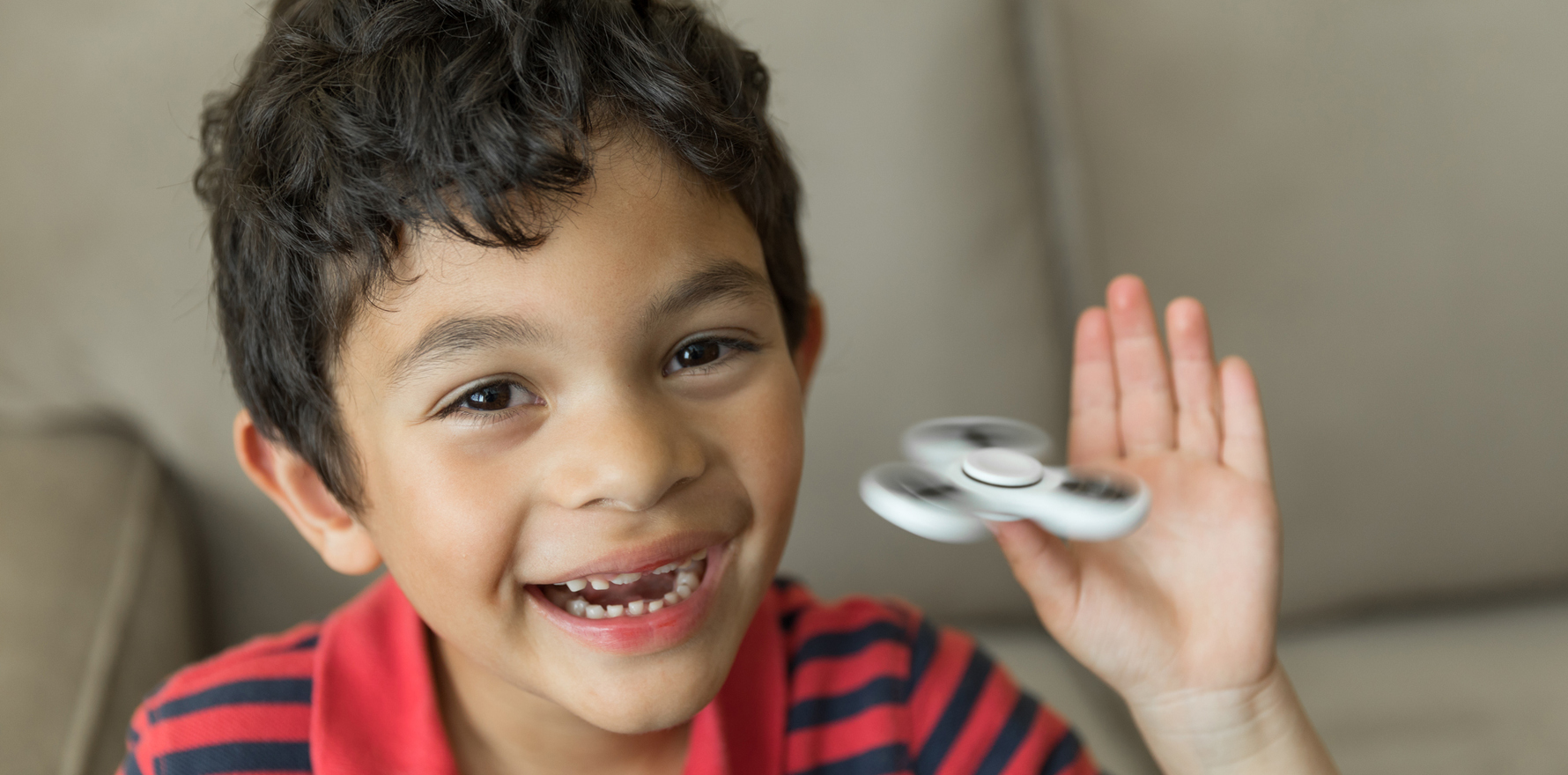A major new study into ADHD medications may help curb growing amphetamine prescribing for children in Australia
A major new study into ADHD medications may help curb growing amphetamine prescribing for children in Australia.
The analysis, which included the published and unpublished data from 133 studies, found that while the evidence supported amphetamines as the best drug choice for adults with ADHD, in children and adolescents the safety and efficacy data supported methylphenidate as the first-line medication.
Australian experts have said that in recent years there appeared to a be a shift towards prescribing amphetamine among young patients, possibly driven by the introduction of a long-acting amphetamine and no clear research showing the superiority of one choice over another.
However, this new study of 14,000 children and adolescents and 10,000 adults shows that while amphetamine drugs (Vyanse, Dexamine, Aspen Dexamfetamine) are marginally more effective for children, methylphenidate (Ritalin, Concerta) is better tolerated and accepted.
The finding comes amid a recent federal government announcement to allocate $1.5 million to ADHD research and policy development and professional training, with hopes of developing Australia’s first ratified set of guidelines for ADHD assessment and clinical management.
Melbourne paediatrician and ADHD expert Associate Professor Daryl Efron called the systematic review and network analysis a “beautifully conducted piece of work” that would likely form a basis for guidelines.
Current international guidelines conflict, with the UK recommending methylphenidate as the first drug of choice among young people, and either that or lisdexamphetamine for adults. However, other European guidelines simply give a general recommendation for psychostimulants.
In this new study, the authors compared the efficacy of methylphenidate, atomoxetine, bupropion, clonidine, guanfacine, modafinil and amphetamines such as dexamphetamine and lisdexamphetamine in either head-to-head trials or with a placebo.
All seven of the drugs were superior to placebo across all age ranges, except modafinil in adults. However, methylphenidate was the only drug with better acceptability than placebo among children, and amphetamines were the only ones with better acceptability than placebo among adults.
In general, adults appeared to benefit less than children and experienced more side effects from the drugs.
Weight loss and higher blood pressure were more likely for adults taking amphetamines. For children, amphetamines and atomoxetine were associated with increases in blood pressure, while those same drugs, as well as methylphenidate and modafinil, led to weight loss.
Children’s symptoms were rated by teachers and clinicians, while adults were rated by clinicians alone.
The study provided clarity and support for the use of medication, however the first treatment for any child should still be psychosocial and environmental, study author Professor David Coghill, from the University of Melbourne, told TMR.
As controversy follows both the definition of the condition and the medication of children with ADHD, Professor Coghill explained there was likely both overmedication and undermedication occurring in the community.
As time pressures could push clinicians towards pharmacology before adequately trying other non-pharmacological options for children already with a diagnosis of ADHD, research indicated that even in the best performing regions, only around half the children with ADHD were being diagnosed and treated, the child and adolescent psychiatrist said.
“If you don’t get a diagnosis, then you can’t even start to think about what the right approach to treatment could be,” Professor Coghill said.
Unfortunately, most studies on the drugs don’t extend past three months, leaving a gap in the evidence for safety and efficacy in the long term.
Alongside this “significant shortcoming”, child psychiatrist Professor Jon Jureidini also pointed out only one quarter of the studies had a low risk of bias.
“The study provides confirmation that the appropriate approach to a patient presenting with symptoms of ADHD is not to ask which drug, but rather what is the underlying problem that needs to be addressed,” the research leader at Adelaide University’s Robinson Research Institute said.
Professor Efron, a paediatrician at the Royal Children’s Hospital, explained the great efficacy of these medications on symptom control meant long-term studies comparing them with a placebo would likely be deemed unethical.
Lancet Psychiatry; 7 August


